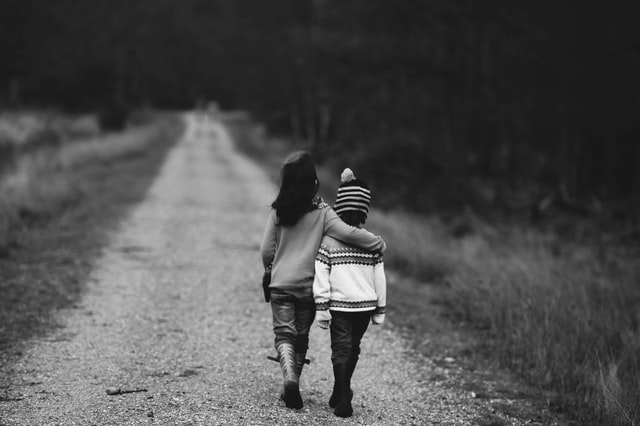Every interaction is based on caring professional relationships and respectful acknowledgement of the feelings of children and their families.


Stop and Reflect:
Stop and Reflect<br>Use this Principles into Practice card to reflect on the statements below:
Use the effective practice section to think about your own practice and identify areas you could improve
Use the reflecting on practice section to think about how each child’s development can be supported through their experiences
Use the challenges and dilemmas section and think about how you might overcome them
Consider how you might support children to have respect for each other.
Working with babies
Group childcare settings provide an ideal environment to develop babies’ awareness of one another and encourage their social development. From a very early age babies learn from each other, watching carefully and copying actions and expressions. Provide time and opportunities for these interactions to happen by providing collections of natural and reclaimed materials for babies to explore. These could consist of everyday household objects made of different materials – wood, metal, plastic presented in an attractive basket or box. You might like to try setting up a large light box on the floor and providing a range of transparent and translucent plastic materials for the babies to investigate. Mealtimes are also important social occasions to help babies to establish relationships and build friendships. Organise seating at lunch and tea times so several babies can dine together, assisted by attentive practitioners who engage in conversations with them.
Ideas to use with toddlers
When toddlers express strong emotions or feelings, for example of anger, frustration or fear, it is important to use language that acknowledges their right to express their feelings. Use stories and picture books to explore emotions with young children, talking about how the different characters might feel in different situations. Help toddlers to recognise and manage their feelings by talking to them about how they feel and gradually extending the vocabulary they have for expressing their emotions. Model the sorts of behaviour that you want children to adopt and actively draw their attention to how you are behaving . Be alert to interactions between children and acknowledge instances where they demonstrate care, concern and support for one another. Create opportunities during daily routines – indoors and outdoors – for children to help one another in practical situations.
Be attentive to children’s friendships and provide lots of opportunities for children to cooperate and collaborate with one another. Respect the fact that friends may want to sit together or play together but find ways to include children who may need more time and support to feel they are a part of the group.
Working with three- to five-year-olds
Experiences that involve a group of children working together to achieve something collectively provide an ideal medium for helping them to see that there are many things that can only be achieved through teamwork. These could include building a large-scale construction indoors, creating a den outdoors, playing a circle game such as ‘In and out the dusty bluebells’, or playing a parachute game. There will also be ample opportunities for sharing and turn taking, but it is also important to respect a child’s choice not to take part in a particular activity. When talking with children draw their attention to the contributions which different individuals are making, reinforcing the benefits of teamwork and collaboration. During the daily life of the setting draw children’s attention to the different jobs which the adults do – the cook, the cleaner, the manager – helping them to see the contributions which everyone makes.
Encourage children to recognise and talk about their feelings by reading stories and poems, looking at pictures and listening to, and making, music. Help them to empathise with the feelings of others, beginning to understand that not everyone sees the world from the same point of view. Involve children in deciding what rules are needed to ensure that the life of the setting is ‘fair’ for everyone, children and adults. Build their self-management skills by encouraging them to become involved in settling minor arguments and resolving conflicts, learning the essential life skills of negotiation and the ability to compromise.
When working with children of whatever age the most important thing for practitioners to do is to model, through all their actions, language and interactions, the sort of behaviours which they want children to adopt. This will be the most powerful tool in encouraging respectful relationships and fostering emotional wellbeing.
https://www.teachingexpertise.com/articles/early-years-pip-cards-2-1-respecting-each-other/






